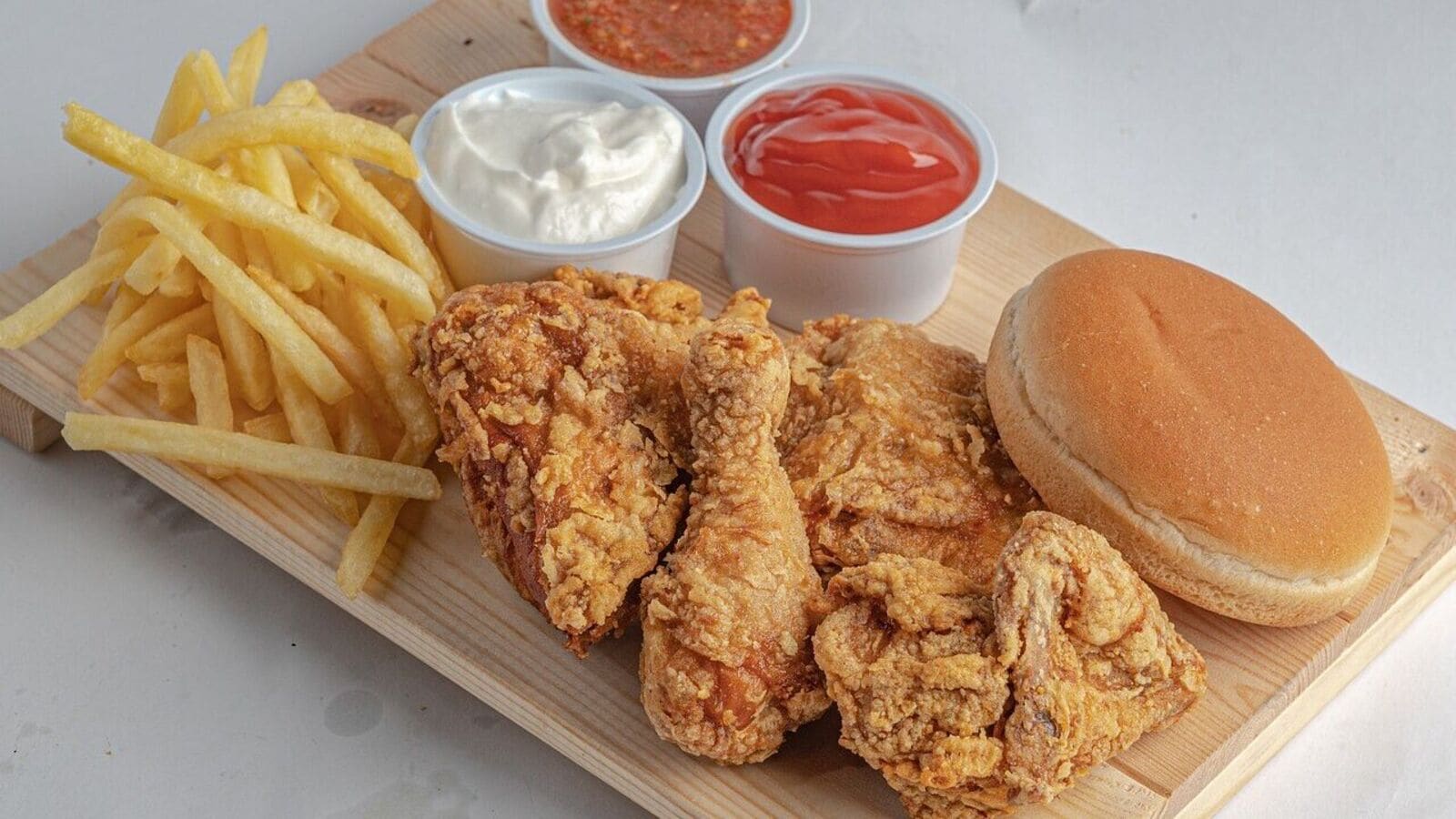Devyani International Battles Demand Blues, Turns to New Brands

Devyani International Ltd, the operator of popular franchises like KFC and Pizza Hut, is facing a challenging period marked by weak consumer demand, particularly in urban areas. This has impacted the company's same-store sales performance for several quarters, with the September quarter (Q2FY25) being no exception.
Same-store sales, a key indicator of performance, dipped by 6-7% in the last quarter for the flagship brands KFC and Pizza Hut. While Devyani continues to expand its franchise footprint in non-metropolitan and tier-2 cities, boosting sales in line with this expansion has proven difficult.
Despite a 49% year-on-year rise in consolidated revenue to â¹1,222 crore in Q2, driven by the acquisition of the KFC franchise in Thailand, the growth story in India appears less rosy. While store growth was robust at 20% year-on-year, India revenue rose by only 7%, indicating a significant impact from sluggish same-store sales across all brands. This observation was highlighted by Motilal Oswal Financial Services.
The Shraadh period, traditionally marked by a decline in non-vegetarian food consumption, undoubtedly contributed to lower fried chicken and pizza sales in Q2. However, cautious spending by consumers amidst high food inflation further exacerbated the situation, leading to a 12% and 10% year-on-year drop in average daily sales for KFC and Pizza Hut respectively. Even the coffee shop franchise Costa and the homegrown brand Vango are facing similar challenges with falling average daily sales, though their same-store sales are still growing on a lower base.
Increased marketing expenditure for Pizza Hut and price experiments with KFC's product portfolio, particularly in smaller markets, have weighed on profitability. Devyani's consolidated Ebitda (Earnings Before Interest, Taxes, Depreciation and Amortization) decreased by 310 basis points to 16.3% in Q2.
While Devyani anticipates a boost from festive demand in Q3, a significant improvement in consumption patterns is crucial to enhance profitability. To fuel future growth amidst these challenges, the company has signed master franchise agreements with three new QSR brands: Tealive, New York Fries, and Sanook Kitchen.
These brands, set to debut in the Indian market, aim to cater to contemporary consumer preferences and appeal to the mass premium segment. Devyani plans to operate these brands in food courts and smaller store formats, reducing capital expenditure requirements.
The success of this premiumization strategy in attracting new customers remains uncertain at this point. While the immediate financial impact is expected to be modest, the categories are deemed promising. Nuvama Research acknowledges Devyani's history of successfully entering new, promising categories, as evidenced by its foray into Pizza Hut and KFC. However, the company's shares have declined by 10% on the National Stock Exchange so far this year.
Devyani's strategic move into new premium brands presents a potential avenue for growth and expansion in a challenging market. The success of this strategy will hinge on the ability to attract consumers and overcome the prevailing demand blues.





